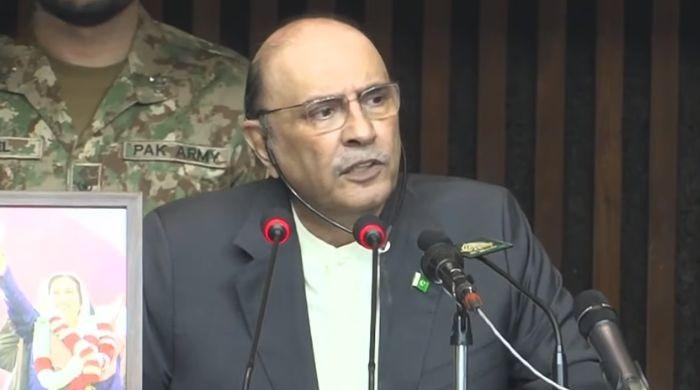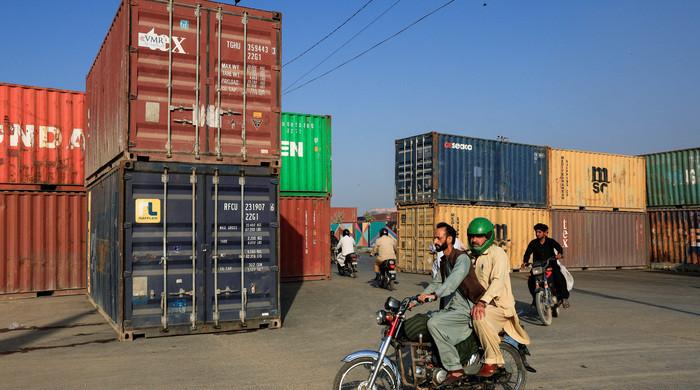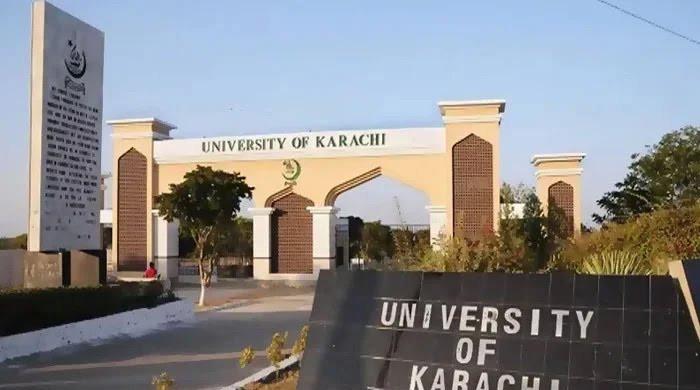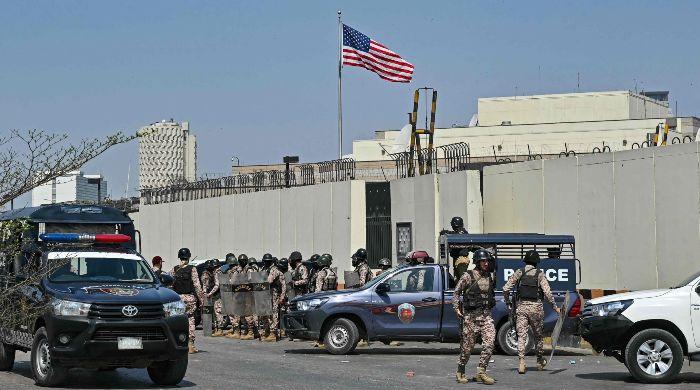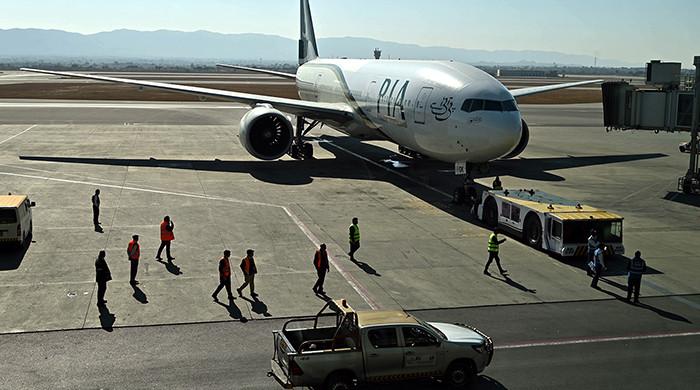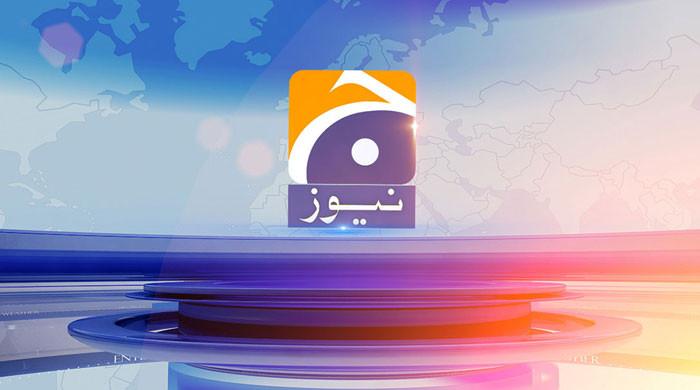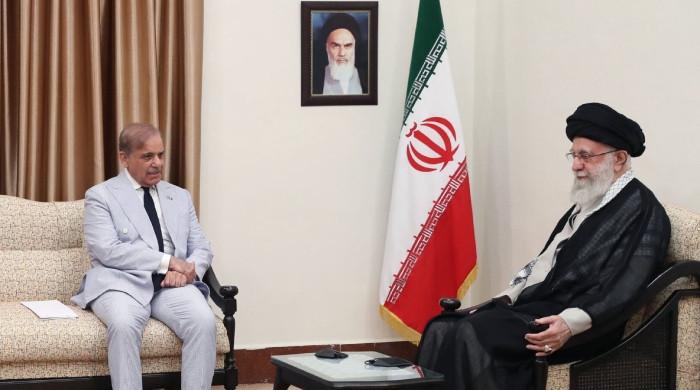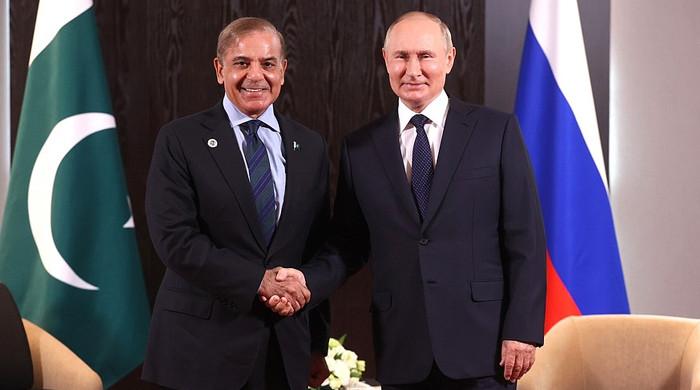Peace, stability in South Asia depends on resolution of disputes between Pakistan, India: Munir Akram
At UN, Pakistan warns of threat to South Asia’s peace as India imposes ‘final solution’ in Kashmir
October 05, 2021
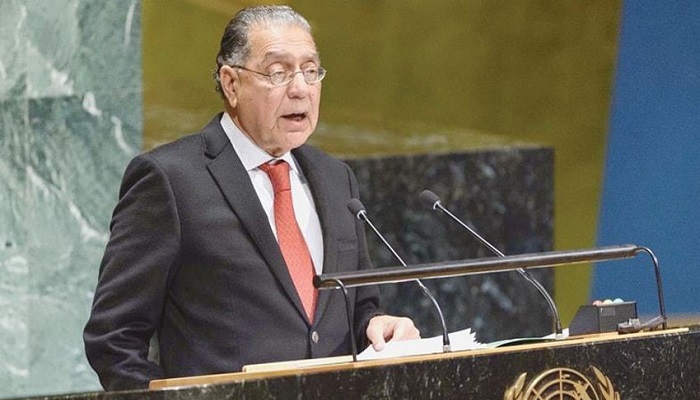
- Pakistan will do whatever it takes to preserve full spectrum deterrence to prevent and defeat any potential Indian aggression, says Ambassador Munir Akram
- Top Pakistani diplomat draws UN's attention towards threat to international peace and security posed by India’s Hindutva regime.
- Says India has unleashed a brutal reign of terror and oppression on Kashmiri people.
Pakistan drew on Monday the United Nations attention towards the threat to international peace and security posed by India’s Hindutva regime's move to impose a ‘final solution” in occupied Kashmir, saying Pakistan will preserve its full spectrum deterrence to counter any potential Indian aggression.
Speaking at the UN General Assembly’s general debate's first committee, which deals with disarmament and international security matters, Permanent Representative of Pakistan to the United Nations Munir Akram said that the “fascist” regime’s actions were in violation of the Security Council resolutions calling for plebiscite to enable the Kashmiri people to exercise their inalienable right to self-determination.
“It [India] has unleashed a most brutal reign of terror and oppression on the Kashmiri people – youth, women and civilians – and against its own 200 million Muslim minority,” the Pakistani envoy said, adding that it has financed, facilitated and directed state-sponsored terrorism against Pakistan and other neighbours.
“To camouflage its crimes, it has resorted to the world’s most notorious disinformation campaign,” he added.
Noting that India’s oppressive policies are accompanied by the quest for regional hegemony and “great power” status, despite its domestic political and economic disarray, Ambassador Akram told the Committee about it’s massive militarisation, spending $73 billion last year on the acquisition and development of new conventional and non-conventional land, air and sea weapons systems.
“India has also nuclearised the Indian Ocean, deployed anti-ballistic missile systems, acquired anti-satellite weapons, and increased the range and sophistication of all its delivery systems,” he said.
“Those States which so eagerly provide these advanced weapons systems and technologies to India must know that 70 per cent of India’s weaponry and forces are deployed against Pakistan, not to serve its promised role as a counter to the rising Asian great power in the so-called ‘Indo-Pacific’ region. And, India has operationalised its dangerous doctrines of preemptive aggression against Pakistan.”
“Pakistan will do whatever it takes to preserve full spectrum deterrence to prevent and defeat any potential Indian aggression,” Ambassador Akram declared.
Peace and stability in South Asia, he said, can be achieved through: the resolution of the disputes between Pakistan and India, first and foremost; the maintenance of a balance of conventional and strategic military forces between Pakistan and India; and reciprocal measures for nuclear and missile and military restraint between the two countries.
“Pakistan’s proposal for a strategic restraint regime in South Asia remains on the table,” the Pakistani diplomat said.




